Brexit: British clubs could suffer in transfer window, warns sports expert
- Published
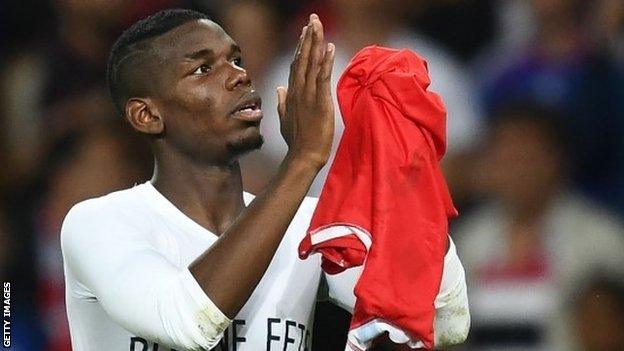
Juventus and France midfielder Paul Pogba is reportedly a target for Manchester United
British football clubs could find it more difficult to buy summer targets after the UK's decision to leave the European Union, an expert has warned.
Transfer fees and wages may rise, said Simon Chadwick, professor of sports enterprise at Salford University.
"Clubs could suddenly find players are much more expensive because the pound is worth less," he told BBC Sport.
Football Association chairman Greg Dyke said the decision could have "quite an impact on English football".
He said the full impact of leaving the EU might not be known for two years.
"It would be a shame if some of the great European players can't come here but I don't think that will happen. Whether the total number reduces will depend on the terms of the exit," said Dyke.
"My personal view has always been that the decline in the number of English players in Premier League first teams - we're down to about 30% now - is a shame. If it increases the number of English players, that is to be welcomed. But you don't want to lose the best European players coming here."
The decision could give homegrown youngsters a better chance of breaking into the first teams of top clubs, said Gordon Taylor, chief executive of the Professional Footballers' Association.
"These youngsters are not always having a chance. They are connected to clubs from the age of eight and then joining at 16 and some 500 out of 600 are out of the game by the time they are 21," said Taylor.
How might Brexit affect football?
The BBC's Chris Morris looks at how leaving the EU might impact the Premier League
Players' wages, the staging of big events and the Premier League brand could all be affected, according to Chadwick.
"Our sport for several decades has been underpinned by European Union legislation. We are going to have to think about new rules and new ways of doing things through a period of uncertainty and I think incredible instability, and that could last anything up to five, possibly 10 years." he said.
"The most immediate impact in the short term will be upon this transfer window. What we've seen over the last few hours is the pound plummeting in value by as much as 10% at certain stages."
Players could be more reluctant to move to clubs in the UK if the value of their potential salaries has fallen, added Chadwick.
However, the Premier League said it would continue to be a "hugely successful sporting competition that has strong domestic and global appeal" regardless of the referendum result.
"Given the uncertain nature of what the political and regulatory landscape might be following the 'Leave' vote, there is little point second guessing the implications until there is greater clarity," a spokesman said.
"Clearly, we will continue to work with Government and other bodies whatever the outcome of any process."
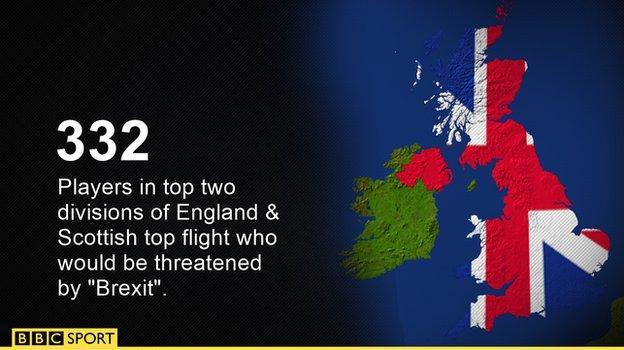
Analysis carried out by the BBC in March on the fallout from Brexit
What about work permits?
Some Leave campaigners argued that a post-Brexit UK could lower freedom-of-movement restrictions on the rest of the world.
Analysis carried out by the BBC in March of squads in the first two tiers in England and the Scottish Premiership revealed 332 players would fail to meet the current standards.
Scottish club Hamilton Academical admitted it may have to change its recruitment policy, with manager Martin Canning indicating seven or eight of his squad could be affected.
However, the rules could be watered down to make it easier for non-EU players to come to the UK - as is the case with Norway and Switzerland.
"The work the BBC did earlier in the year identified players like N'Golo Kante at Leicester, who would currently fail work permit regulations," said Chadwick.
"There will need to be a process of negotiation and this may take a year, two years, who knows, before we get to a system of how we will deal with overseas players.
"The summer of transfer activity that we are used to, the kind of rumours of big signings, we should expect a period of restrained activity until the players, the agents, their clubs, the Premier League, and everyone involved in football, are sure about what's going to happen."
Taylor said the work permit process was "evolving" and that the domestic game would continue to be attractive to overseas players.
"The feeling is that football is above such matters and will cope with it. Football is not just about Europe. The European federation is of massive influence but football is a world game. It is a global game and we are a global village," he said.
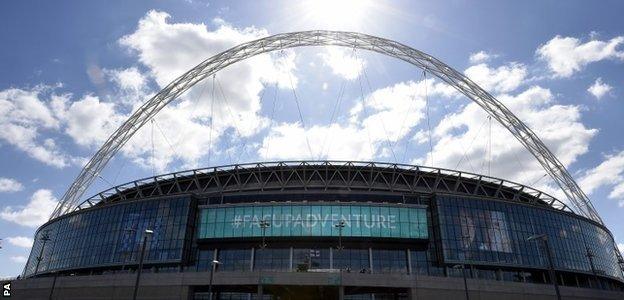
The focus of European football will be on Wembley Stadium in four years' time
Any other implications?
Chadwick said there could be a knock-on effect for events such as Euro 2020, with the semi-finals and finals due to be played at Wembley in London and potentially involving European Union nations.
"Here are two sets of foreign workers who come to this country to ply their trade and they are going to be awarded prize money. Because they are not British citizens, what kind of tax arrangements will be put in place for these players?" added Chadwick.
- Published24 June 2016
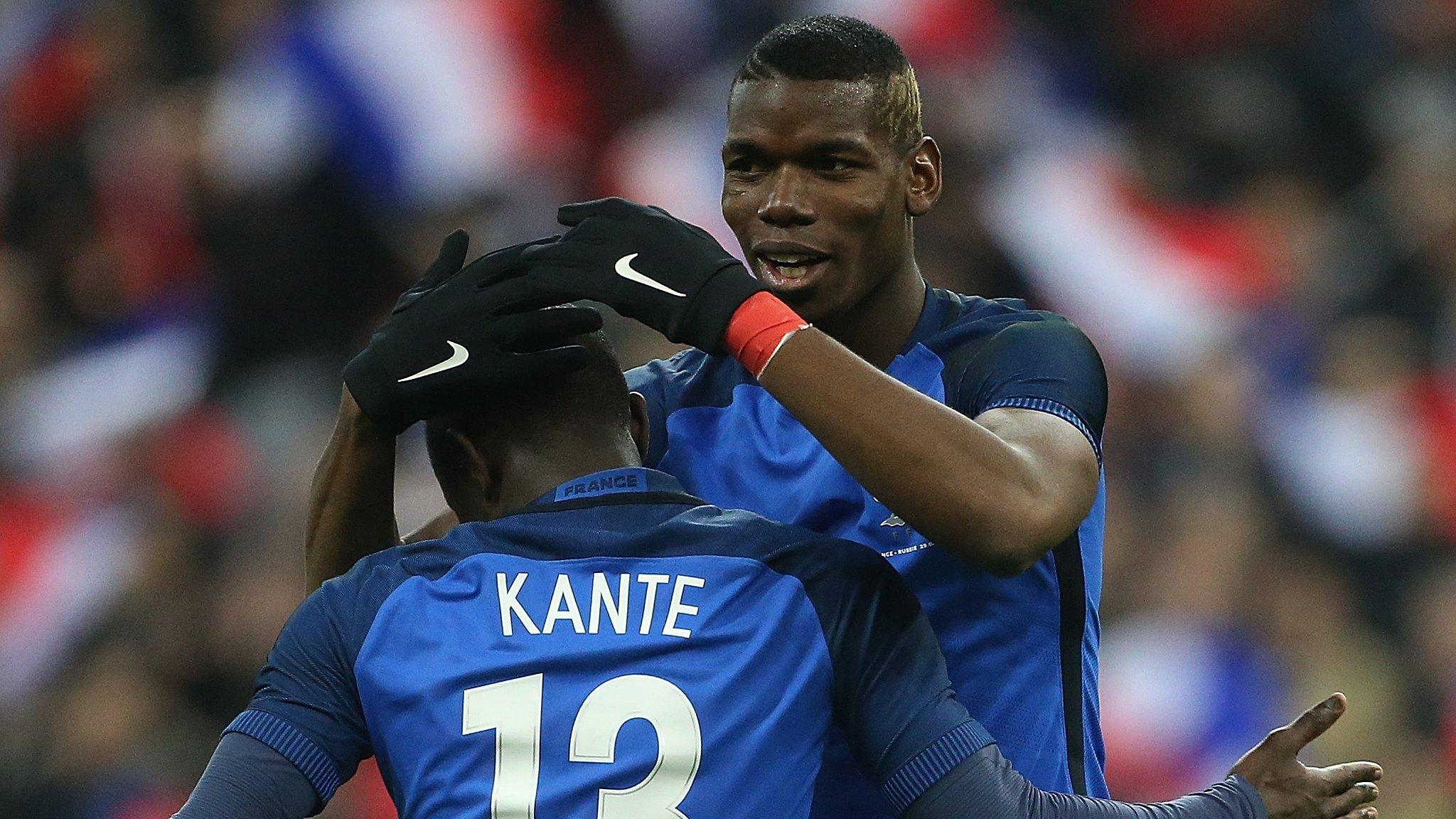
- Attribution
- Published19 June 2016
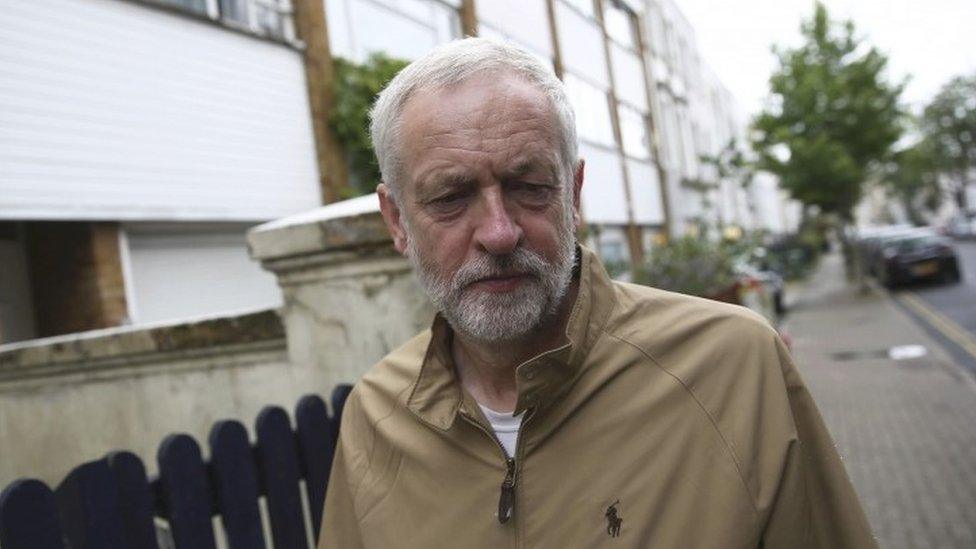
- Attribution
- Published24 June 2016
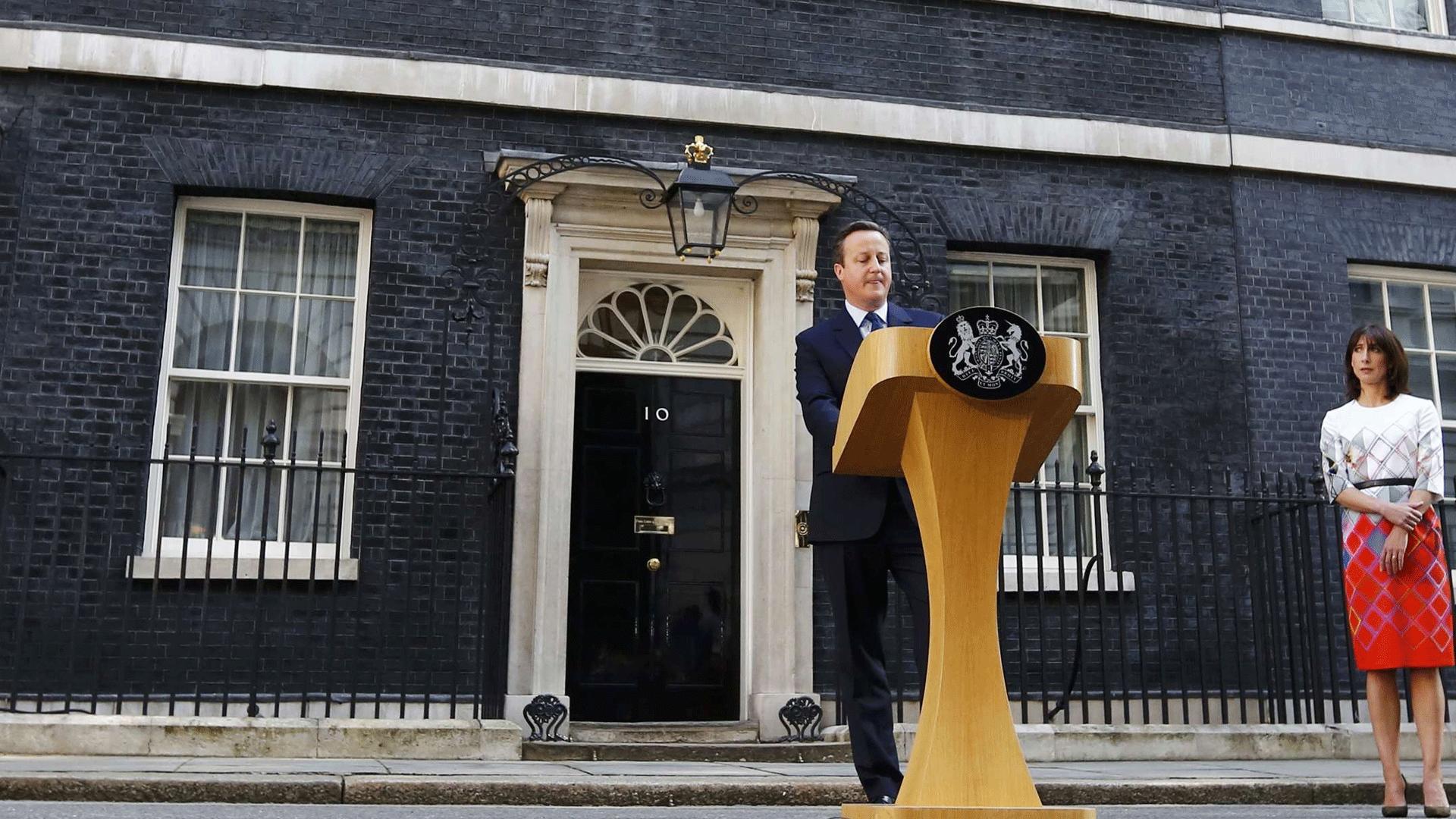
- Published31 March 2016
- Published20 June 2016

- Published7 June 2019
